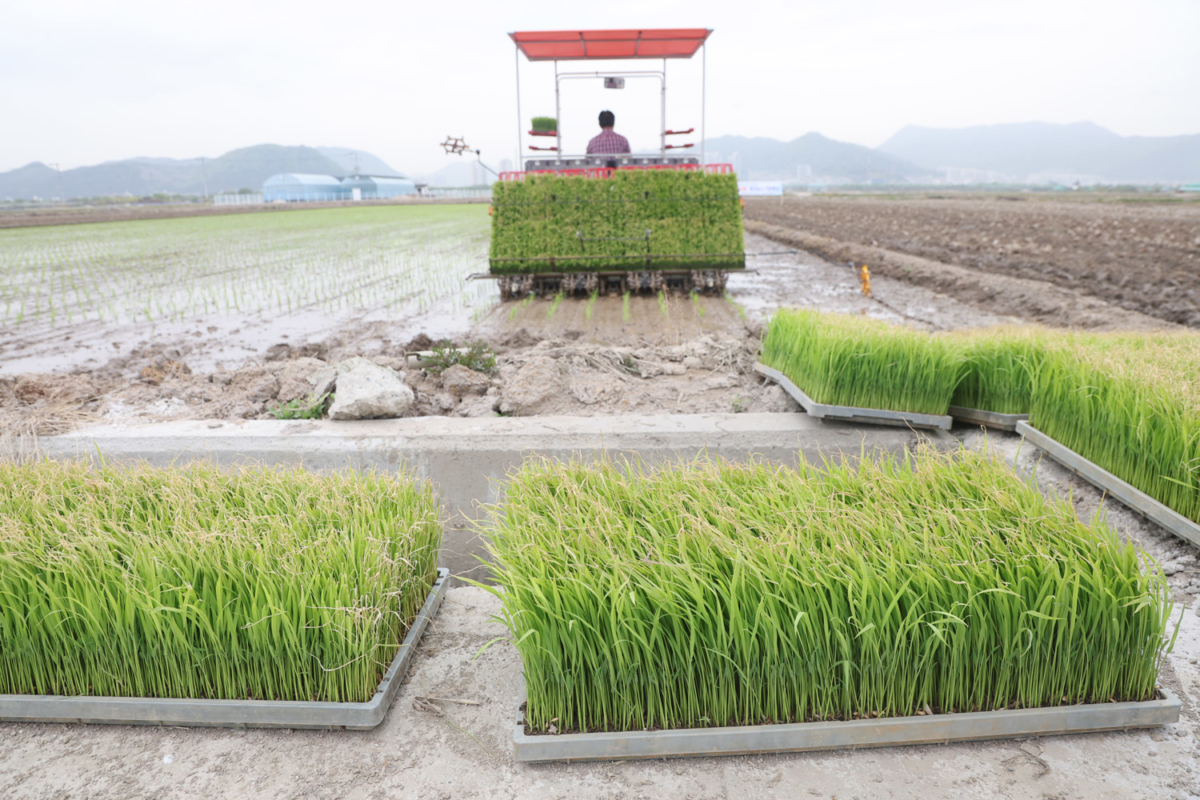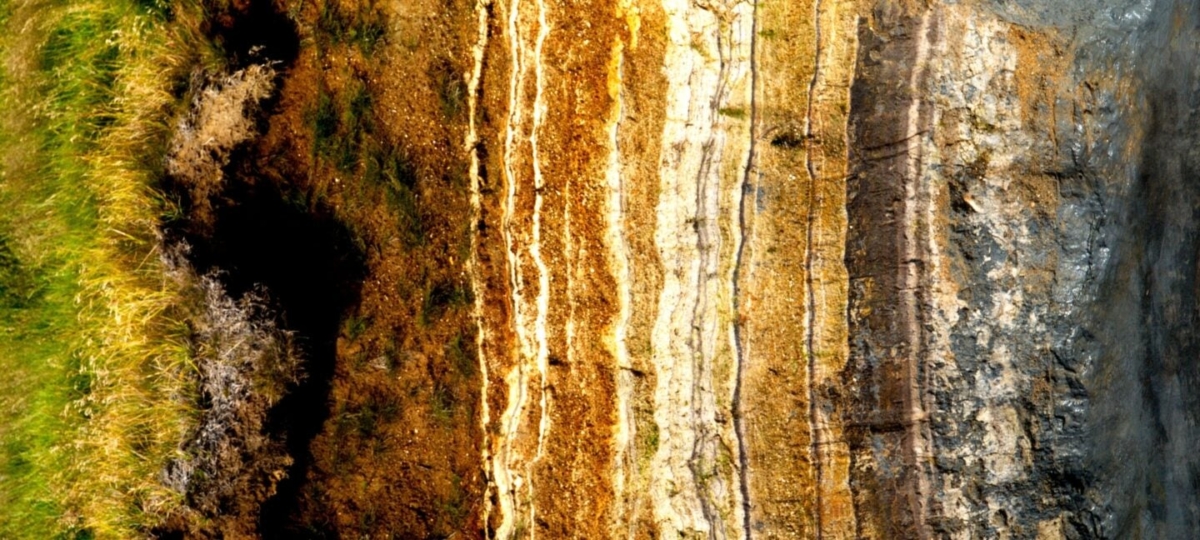“Anthropocene Labs” asks and enacts how different communities of diverse practitioners may come together to face an issue through reshaping and transcending new, critical ecologies of practice. Through creative and expressive work, we learn how to think, create, feel, and imagine planetary existence differently; through the applied sciences and technical endeavours, we develop and innovate toward increasingly sustainable systems and practices. How might we re-educate one another? What are the values and constraints given through both applied science and creative practices? What are these responding to, and what needs to change?
Using methods derived from both agricultural engineering teaching and research, as well as art and design, media and communications and technologically inclined creative pursuits like interaction design and human-computer interaction, the project will produce new orientations for technical cultures that are responsive, sensitive, and effective in guiding practitioners toward the synthesis of new, common, and complex, eco-ethical subjectivities and practices. Importantly, this will be achieved through the format and metaphor of ‘labs’, known to both creative studios and technical environments in their direct engagement with materiality, experiment, observation, hypothesis, and extrapolation.
“Anthropocene Labs” has amongst its main goals transdisciplinary feasibility studies with pilot workshops attempting to imbue eco-ethical sensibilities into the cultures, curriculums, and research of the applied pursuits of engineers and technologists in food systems and agri-food through creative design and artistic methodologies. Broadly, this goal takes up the transformations suggested by the Anthropocene, and the need to transition society and human industry toward paradigms which acknowledge planetary boundaries, embrace convergent trans- and inter-disciplinary problem solving, and reframe the very notion of ‘productivity’.

